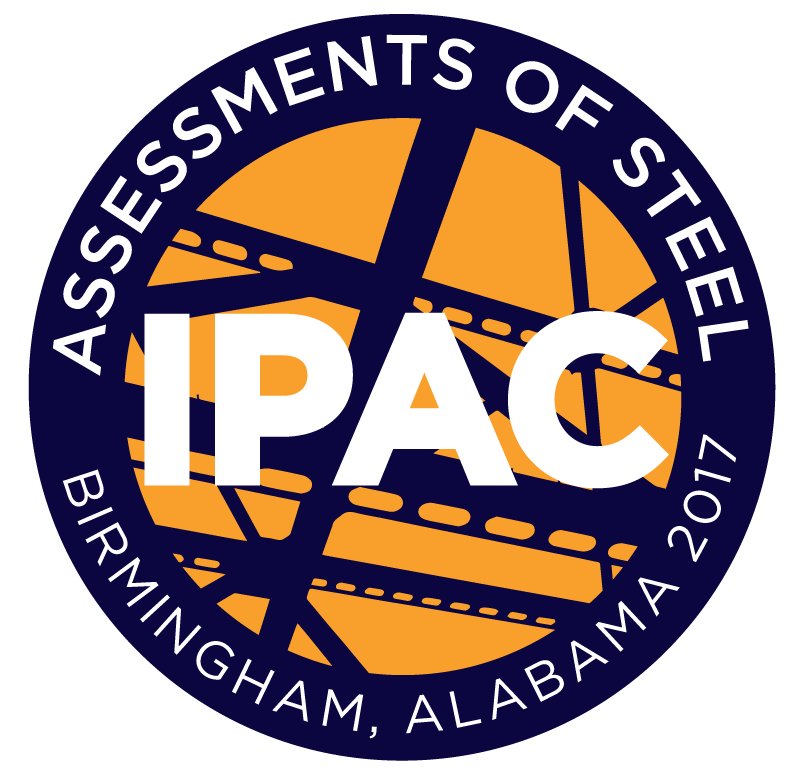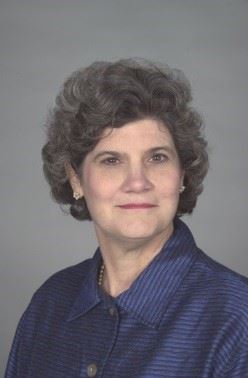Robert J. Lavigna, M.S.
Director at Institute for Public Sector Employee Engagement
Building a Culture of Employee Engagement?
Presentation Abstract: Research has shown that improving employee engagement drives performance. In the government arena, for example, performance enhancements related to employee engagement can include: strategic goal attainment, employee retention, customer service, innovation, and employee attendance. This session will dive deeper into the topic of employee engagement, focusing on the following:
• What employee engagement is and why it matters, particularly in government;
• Why measuring employee engagement is important, how you measure and analyze engagement, and how you act on the results;
• Review of a national benchmark survey on the levels of employee engagement in the public and private sectors;
• What public sector organizations have done to improve – and sustain – engagement;
• What the role of HR is in measuring and improving engagement; and
• How you build a culture of engagement.
Presenter Bio: Bob Lavigna is an award-winning public sector leader and innovator. He is currently the Director of the Institute for Public Sector Employee Engagement, a division of CPS HR Services, an independent government agency. The Institute is dedicated to helping public sector and nonprofit organizations measure and improve employee engagement. Bob’s book, Engaging Government Employees: Motivate and Inspire Your People to Achieve Superior Performance, was published by the American Management Association and is now in its second printing.
His previous positions include Assistant Vice Chancellor and Director of HR for the University of Wisconsin, VP-Research for the Partnership for Public Service, and Administrator of the Wisconsin civil service system. Bob began his career with the U.S. Government Accountability Office.
The organizations Bob has led have received awards from the Ford Foundation, International Public Management Association for HR (IPMA-HR), National Association of State Personnel Executives (NASPE), Council of State Governments, Urban League, Society for Human Resource Management and others.
Bob is an elected Fellow of the National Academy of Public Administration and was selected as a “Public Official of the Year” by Governing magazine. He has also received the highest individual achievement awards from IPMA-HR and NASPE, and was the first HR leader to receive a “Toll Fellowship” from the Council of State Governments.
Bob has a B.A. in public affairs from George Washington University and an M.S. in HR from Cornell University.
Back to top









